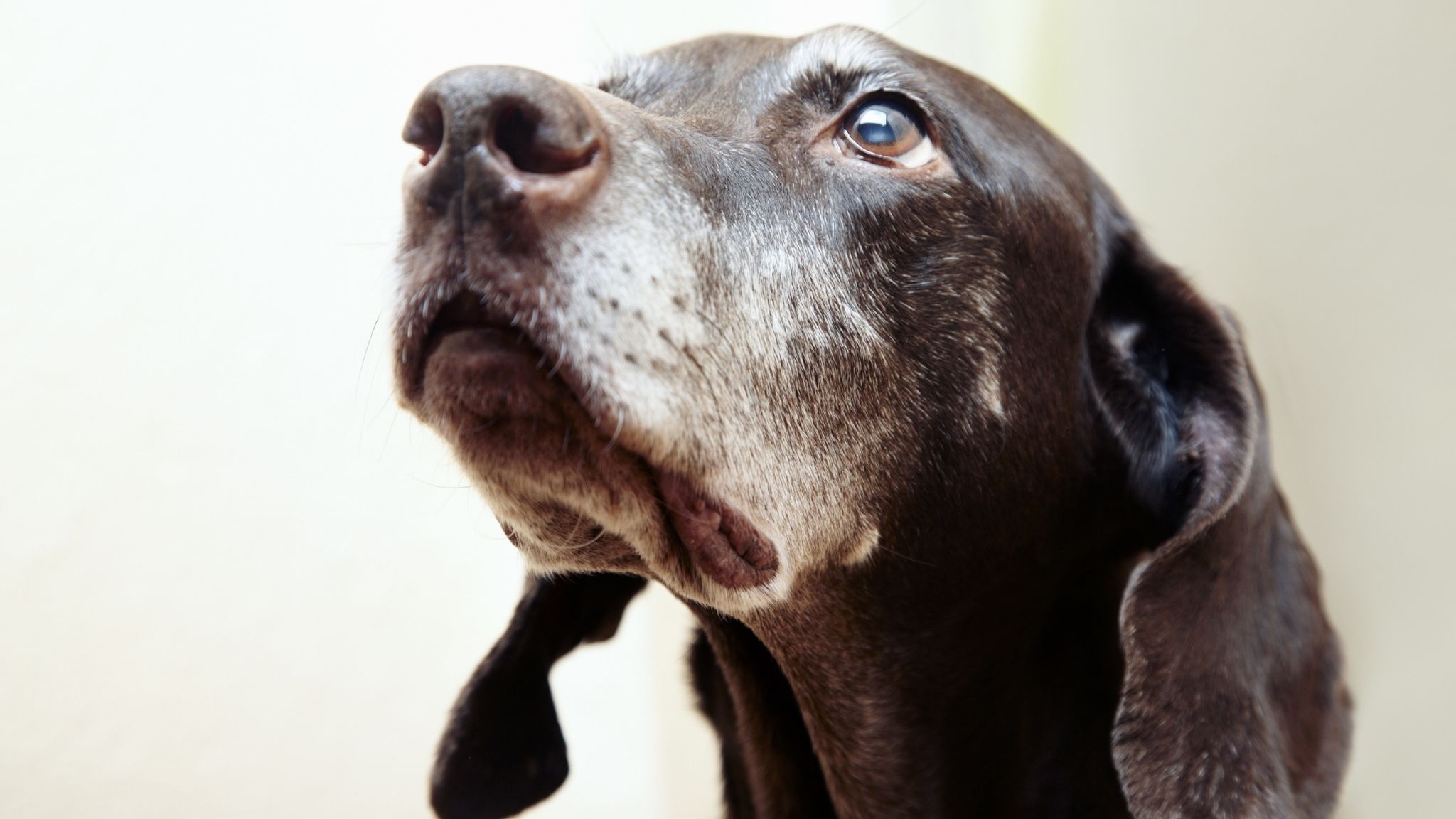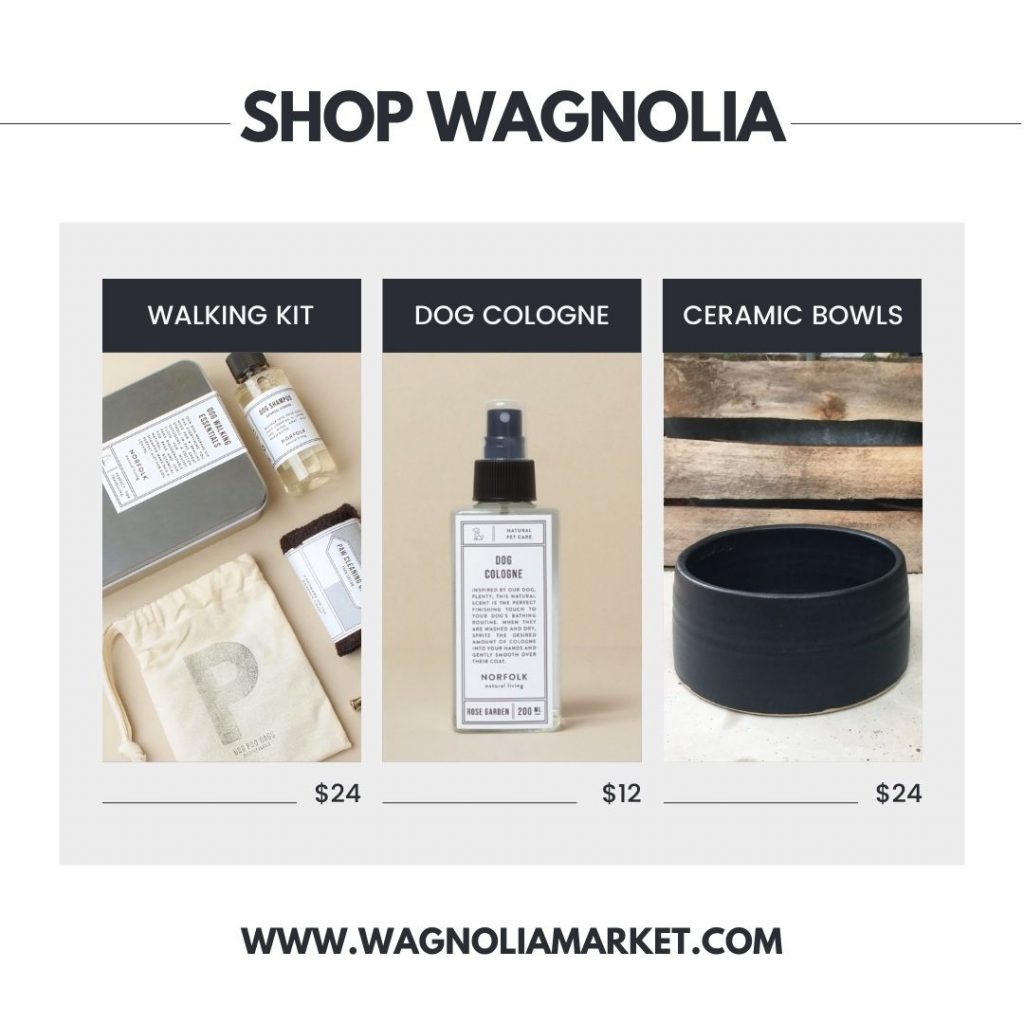As dog’s age, they have different needs than younger pups and it’s important that pet owners are aware of the possible dietary needs that come along with aging and how to treat them. It isn’t uncommon for your pup to experience some digestive issues as they grow older, even if it’s just a passing issue. These are some things you may have to change when feeding them.
1. Less Food (or low-fat)
Many times we notice weight gain with age in our pets and much of this is due to a decrease in your pup’s activity level. Ever notice that many older dogs just lay around the house all day, whereas pups are always bounding through the house and getting into something they should not be?
All of that laying around can cause excess weight if you are feeding the same type of foods that you fed when your dog was younger and a lot more active. Changing your dog to a senior diet or low-fat diet is often helpful in these instances. Also, stopping any table food (I know it’s hard) will help your dog remain at a healthy weight.
2. Vitamins
Sometimes as dog’s age, their digestion processes may decrease and some of the foods they had when younger may not agree with them. Keep an eye on your dog for excessive gas or stomach pain and if you notice either of these see your vet to discuss diet. In addition, your dog may need vitamins to help replace any nutrient loss due to improper digestion or leaky gut.
3. Probiotics
Just like with improper nutrient absorption, your pup may have some issues like leaky gut that calls for probiotics to be added to their diet which will help increase the beneficial bacteria in their guts. If you want to know four that we love, read this article.

4. Fiber
Oftentimes senior dogs will suffer from gastrointestinal ills like constipation, flatulence, or diarrhea. You can choose to supplement fiber via over-the-counter products or naturally with foods such as pumpkin. Speak with your vet about the best way to supplement fiber in your dog’s diet.
5. Food specific for health problems
While diseases like kidney and liver disease aren’t solely noted in senior dogs, there is oftentimes an increased chance of them suffering from some type of ailment. In this case, it is extremely important that you speak with your vet about what foods should or should not be fed to keep your pup healthy. For example with kidney disease, you should cut back on the amount of protein fed, but many times your vet will start your dog on a prescription diet.
6. Soft foods
If you’ve noticed that your furry friend has lost a lot of teeth it may be time to start feeding more wet food or soaking their dry food in water or broth to make it easier for them to eat. If you want a good recipe for bone broth click here.
7. Feed for cognition
Many times as dog’s age they may decline cognitively and this is why it is important to start feeding their brains. Functional foods like coconut oils and Vitamin E oils should be added to their foods to improve their brains and stave off canine cognitive dysfunction syndrome. To read more about these specific foods read our article here to learn about the specific foods and supplements that may help your dog remain active and healthy as they age.
Many times senior diets will take care of your aging dogs requirements, but if you’re anything like me, you enjoy cooking for your dog as a supplement. This is why it’s good to sit down with your vet and come up with a complete meal plan that works for you and your fur baby.




























































































































